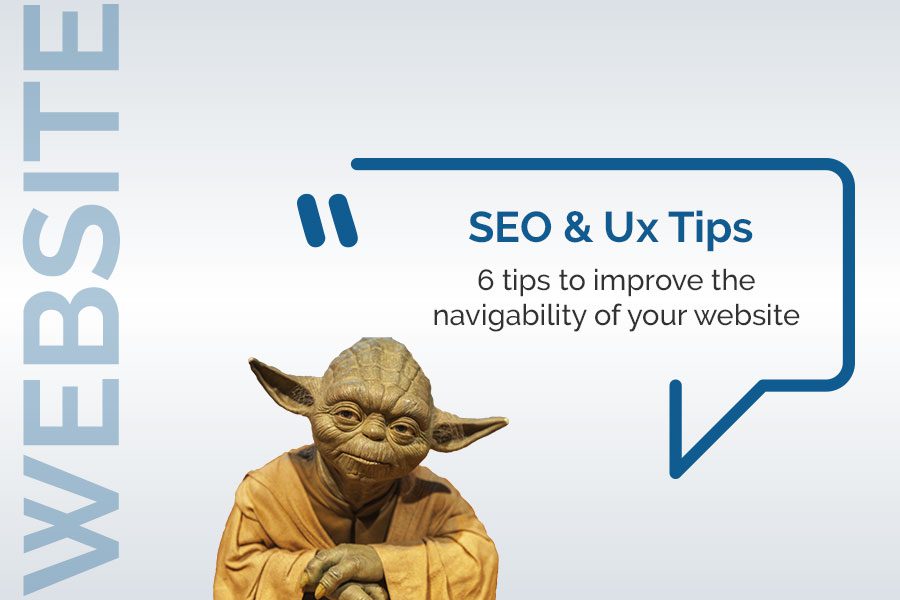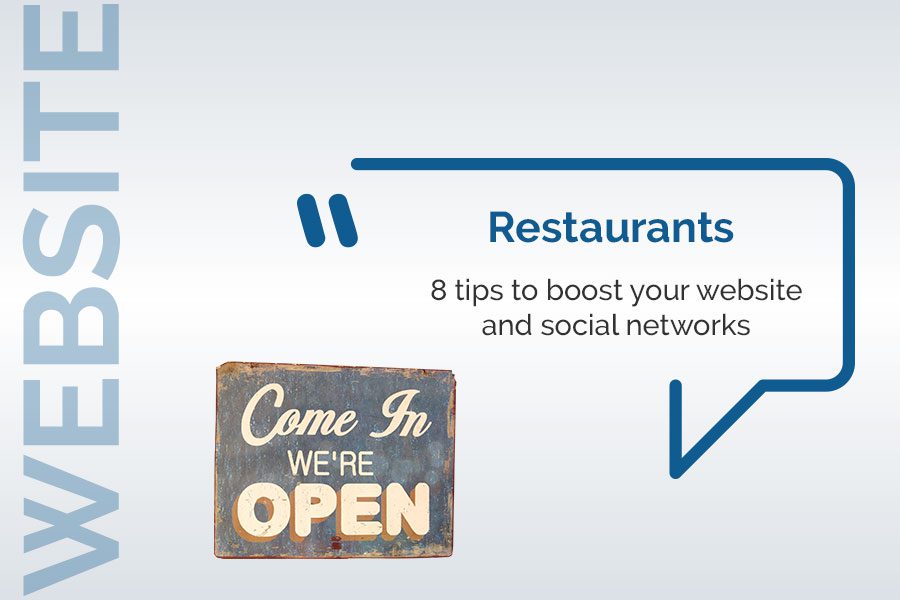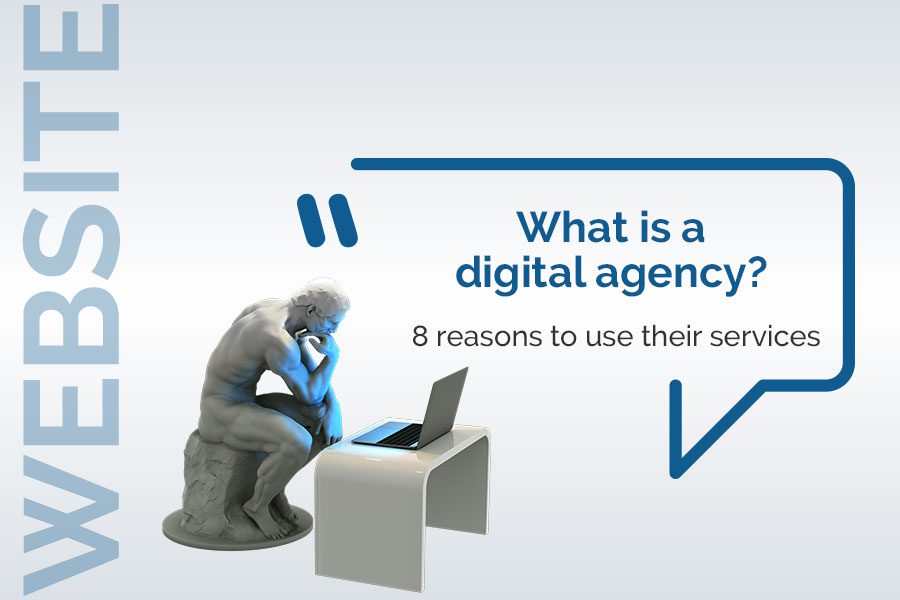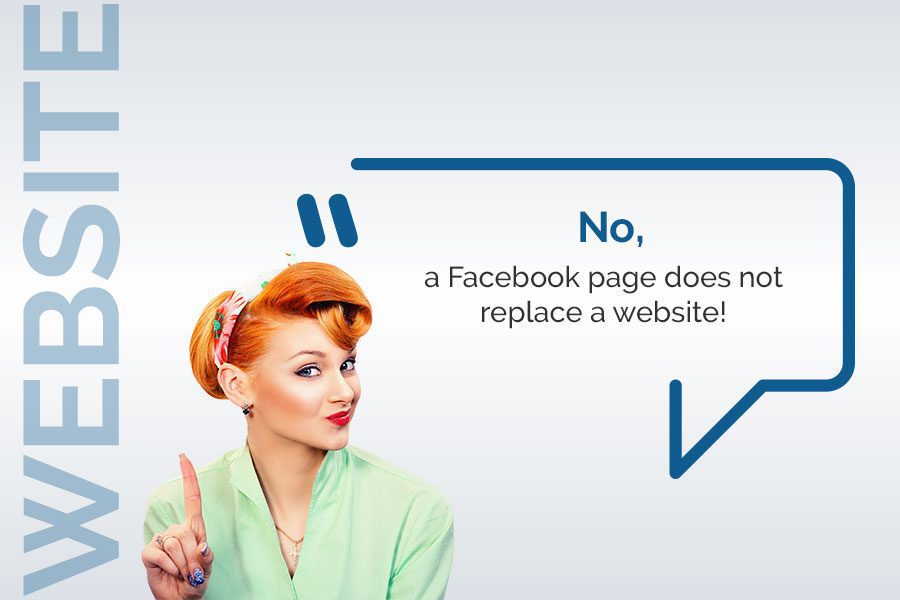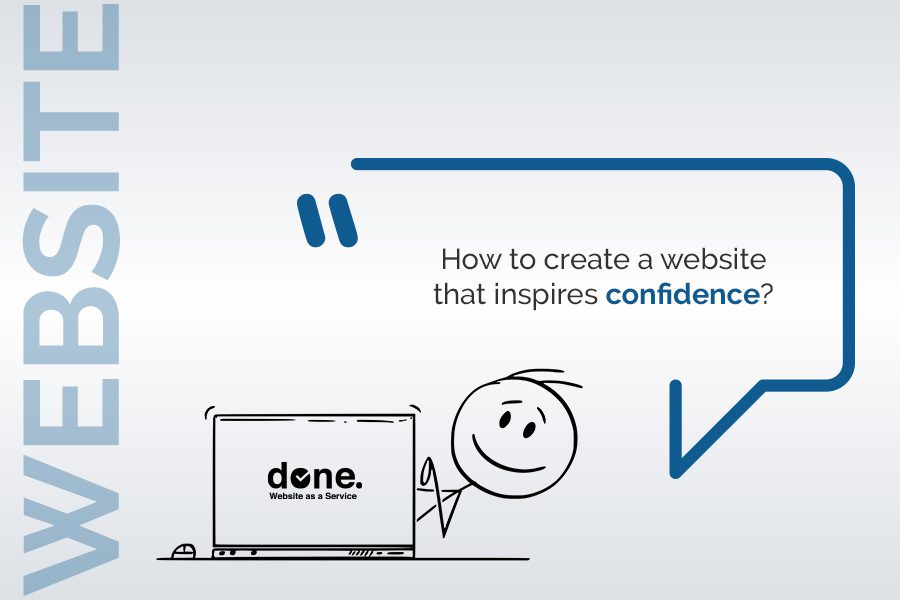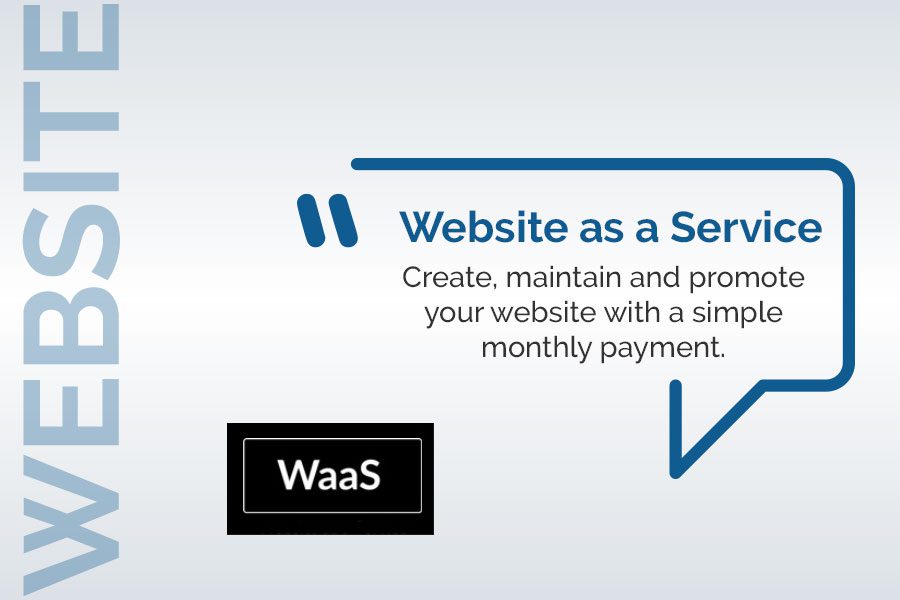The initial mission of a digital agency is to support its clients in defining their needs precisely and in formulating their objectives clearly and realistically. It is from the moment when the needs and objectives are set that it can develop a communication strategy that will require the development or optimization of digital solutions such as:
- Websites;
- Mobile applications;
- Company social network accounts.
Once these solutions have been developed, the agency’s objective will be to bring them to life and make them evolve so that they are addressed and appeal to the target audience. As a complement to the reading of this article, we suggest you to consult this one which will give you the keys to choose the digital agency adapted to your project.
Depending on the objectives that have been assigned: generate leads, increase notoriety, increase sales on an e-commerce or generate subscribers, the digital agency will offer different services:
1 – Content creation.
Writing Blog articles, computer graphics, white papers, case studies…. Totally essential, these publications make it possible to generate traffic, develop a privileged relationship with visitors, build loyalty and convert visitors into customers. This optimized content can also be used as part of the implementation of an inbound marketing strategy.
2 – Management of e-Reputation.
A digital agency will use tools such as: notify.ly or google alerts to monitor comments and publications about its client on social networks and the Internet in general. It will also be able to act as community manager and respond to negative opinions published on its clients’ financial statements.
3 – Design and ergonomics (Ux & Ui design).
The aesthetics of a site is not enough to ensure its success, it must also be simple to access and easy to use and clearly express its offer. Ergonomics (or Ux Design) is this step, located upstream of the webdesign, which aims to anticipate visitors’ expectations, to make the interface as ergonomic, intuitive and easy to use as possible.
4 – Optimization of natural referencing (SEO).
Loading time, responsive design, tags, meta data, keywords, netlinking… the parameters that influence the position of a site’s pages in search engine results are numerous and constantly evolving.
5 – Maintenance and monitoring.
To maintain its level of efficiency and to be able to evolve a site must be monitored. This monitoring of its technical components and performance (through statistical analysis using tools such as Google Analytics) is not available from all agencies. However, in our opinion, it is totally essential and we systematically apply it to all the projects we develop.
6 – Digital marketing.
Digital marketing offers enormous advantages over traditional marketing: it reduces costs, is simple and quick to set up, has almost surgical accuracy, and allows you to measure the behaviour of your audience almost instantly. Digital marketing processes such as Inbound marketing, lead nurturing and marketing automation allow us to go even further in optimising ROI by automating the generation of qualified leads.
7 – Campaign management.
Well used targeted ads published with Google AdWords or facebook ads offer you real opportunities to be quickly positioned on google, to address your target with extreme precision and not to let your competitors settle in front of you.
8 – Creation of e-Mailing campaigns.
A particularly effective marketing tool that fits perfectly into your content strategy, the good old newsletter is a sure way to generate traffic to your website and to retain your visitors, which should not be overlooked.
